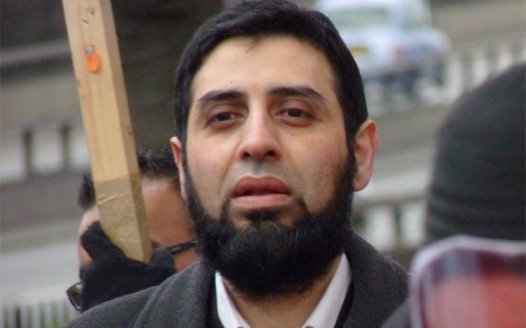Church’s right to veto hospital chaplaincy appointments upheld
Posted: Thu, 5th Nov 2015
A gay vicar who claimed that his bishop had discriminated against him by denying him a post as a hospital chaplain has lost his claim at an employment tribunal.
Canon Jeremy Pemberton, who, against Church of England rules, married his same-sex partner, was prevented by the Church from becoming Chaplaincy and Bereavement Manager with Sherwood Forest Hospitals NHS Trust. Mr Pemberton failed to convince an Employment Tribunal that the Anglican Bishop of Southwell and Nottingham had acted in breach of the former's Human Rights or otherwise unlawfully in refusing to grant a licence to permit him to take up a position.
The refusal to grant the licence in the circumstances would have constituted direct discrimination, were it not that "organised religion" has an explicit exception. This case provides the pernicious practical implications of the exception.
Mr Pemberton sought to establish that the bishop was acting as a qualification body in providing or withholding the licence, and that the bishop exercised that function in a discriminatory way, which would be unlawful.
Unfortunately for Mr Pemberton, the Tribunal ruled that while the diocese was acting as a qualification body, its refusal to grant the licence was lawful, given Mr Pemberton's failure to follow canon law by marrying his same sex partner.
The Tribunal noted that the Church's canons, which have the force of law and to which clergy give oaths of obedience, contain definitions of marriage as an institution restricted to couples of the opposite sex.
Although the Tribunal reminded themselves "that the resolution of the theological dispute … would take the Court beyond its legitimate role" there was a great deal of theological argument in the case between the liberal Bishop of Buckingham, rebutted by a more mainstream representative from the Archbishops' Council.
Mr Pemberton acknowledged he needed the licence from the Respondent to be legally able to perform Church of England ministry in the Trust. On the other hand, the Church conceded that "the Trust determined the purpose of the employment and the employment was for the Trust's purposes not those of the diocese".
Keith Porteous Wood, the NSS's Executive Director said: "It is reasonable for a hospital trust employing a chaplain acting on behalf of a religious body to require that body's authorisation. Nevertheless, the judgment acknowledged that 'The Church cannot impose upon the Trust one of its priests as a chaplain' and that a chaplain could be secular.
"Patients are not entitled to require the hospital to provide at its expense a cleric from any particular denomination or religion. In doing so it has resulted in discrimination involving a publicly funded post, whether or not this is technically in breach of the Trusts' public authority equality duty.
"Future chaplaincy appointments should not be contingent on them being licensed by any religious body. Instead these publicly-funded appointments should be made open to all, regardless of religion or belief or sexual orientation."
Religious dogma shouldn't interfere with your healthcare
We campaign to protect patients from the harm caused by the imposition on them of other people's religious values, and advocate for a secular approach to current healthcare issues. Please consider a donation, from as little as £1 a month, to help support our work in this area.
P.S. make sure to check out the related campaigns below.







